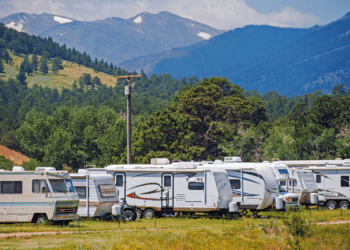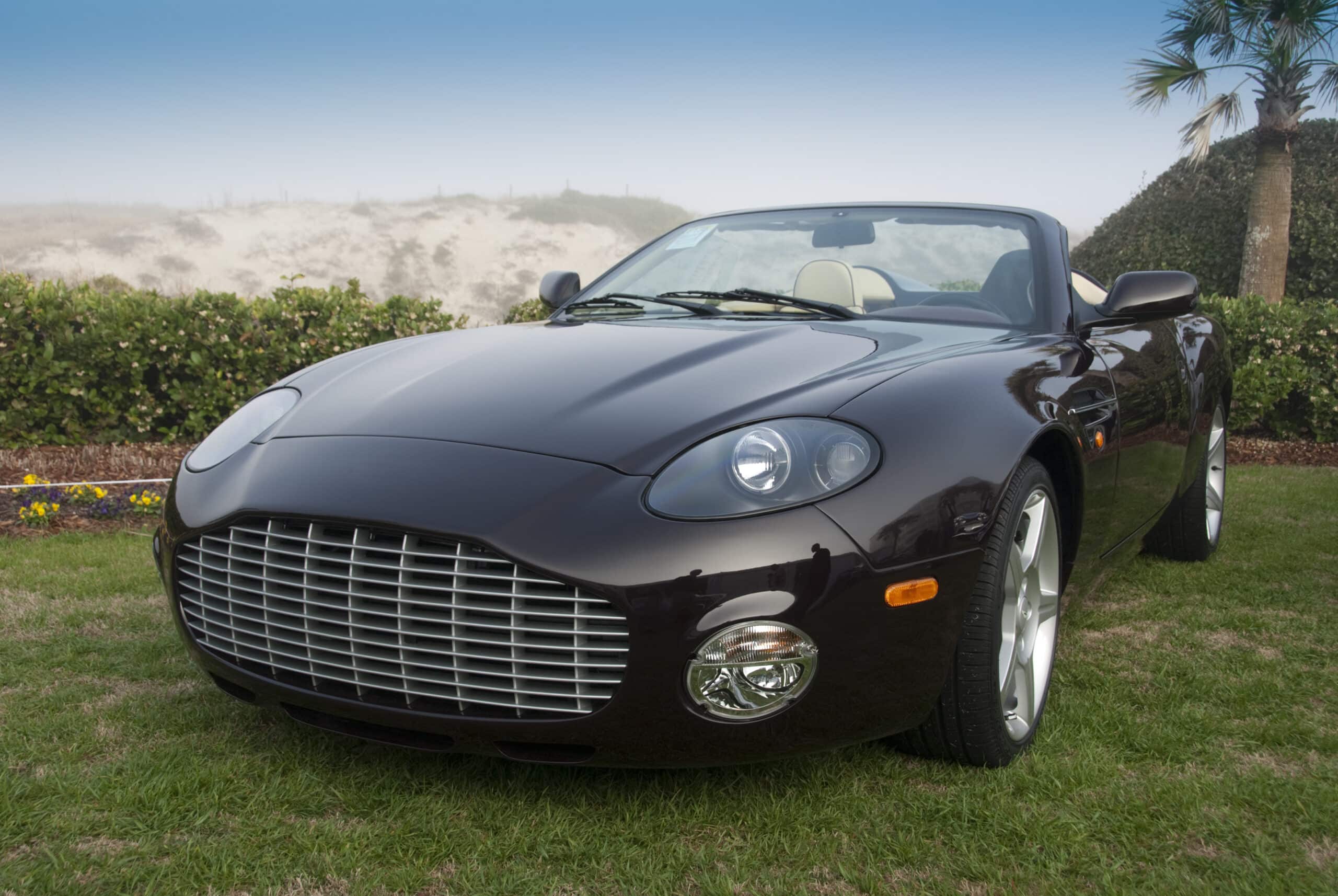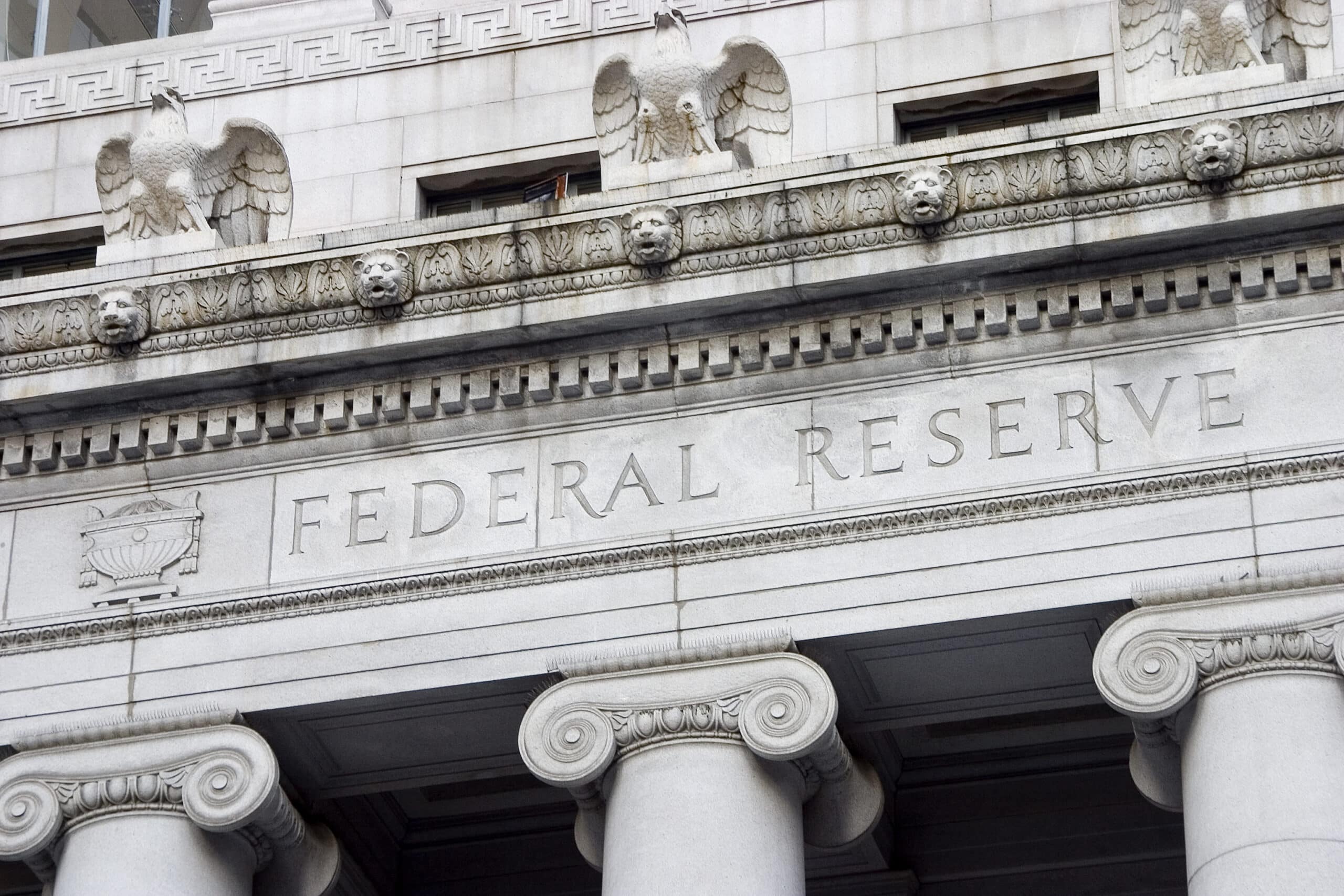Top powersports finance uncertainties of 2020
With a presidential election and economic slowdown on the horizon, there is no clear indication of how the pendulum will swing in 2020. Here’s a look at the issues with the greatest potential to impact powersports sales and financing in the new decade.
Weather
It may go without saying that weather is difficult to predict, but in the powersports industry, weather can make or break a buying season. It was a huge challenge in 2019, as rain and low temperatures put a damper on springtime buying, Gerrick Johnson, analyst at BMO Captial Markets, told Powersports Finance. Bad weather has been a trend for the past few years, with milder winters that have lasted longer than normal. The last good spring was in 2012 and dealers are taking notice, he added.
Tariffs
Tariffs on steel and aluminum were a big question mark on the operations of OEMs such as Harley-Davidson and Polaris. Earlier this year, Polaris Chief Executive Scott Wine said that the 25% tariff hike would be “downright catastrophic” for the company. As U.S.-China trade deal tensions de-escalate following the announcement of a phase one trade deal this month, it’s unclear if 2020 will be more of the same as the presidential election could impact ongoing trade negations and deals.
Election
With any presidential election, changes trickle down into the finance industry, said Ben Donnarumma, president of American Cycle Finance. For example, consumers might tighten their purse strings, reducing the amount they spend on discretionary products such as a motorcycles or ATVs.
Electrification
Electric vehicles have been a buzzword in the powersports industry, and they are becoming more prominent as OEMs increasingly invest in the technology. BRP has revealed concept designs for multiple electric vehicles, while Polaris appointed Chris Musso to lead its electrification strategy. Harley-Davidson has launched the LiveWire, though the bike’s performance through a full sales year is uncertain. While 2020 might have few electrification developments, lenders should pay attention to what happens over the next few years, BMO’s Johnson said.
Economic Slowdown
Though the odds of avoiding a downturn are improving, consumer confidence declined for the fourth straight month. Economists predict a 33.1% chance of a downturn in 2020, down from 38.4% in June, according to a poll from Wolters Kluwer Blue Chip Economic Indicators. Meanwhile, consumer confidence dropped to 125.5 in November, according to the Consumer Confidence Index.
















